Building a trusting relationship with your feline companion can be a rewarding experience. Cats, known for their independent nature, often require patience and understanding to form a strong bond. While some might think that winning a cat’s trust is as simple as providing food and shelter, there’s much more to it. Just as there are ways to nurture this trust, there are also actions that can unintentionally break it. Let’s dive into the essentials of gaining and maintaining a cat’s trust while steering clear of behaviors that might jeopardize it.
1. Respect Their Space

Cats are territorial creatures, and one of the first steps in earning their trust is respecting their personal space. Just like humans, cats appreciate having a place they can call their own. This might mean giving them a cozy corner or a perch by the window. Approaching a cat too quickly or invading their space can make them feel threatened. Instead, let them come to you on their own terms. Think of it as allowing a new friend the time to get comfortable before sharing personal stories. The more you respect a cat’s space, the more likely they are to feel secure around you.
2. Speak Their Language

Cats communicate in subtle ways, and understanding their body language can be key to building trust. A slow blink from a cat, for example, is often a sign of affection. Responding with your own slow blink can reassure them. Similarly, a cat that shows you their belly is displaying vulnerability, a sign of trust. However, it’s crucial to understand that not all cats enjoy belly rubs. Observing and responding to these signals can help you communicate effectively with your feline friend, fostering a stronger bond.
3. Offer Consistent Feeding Routines
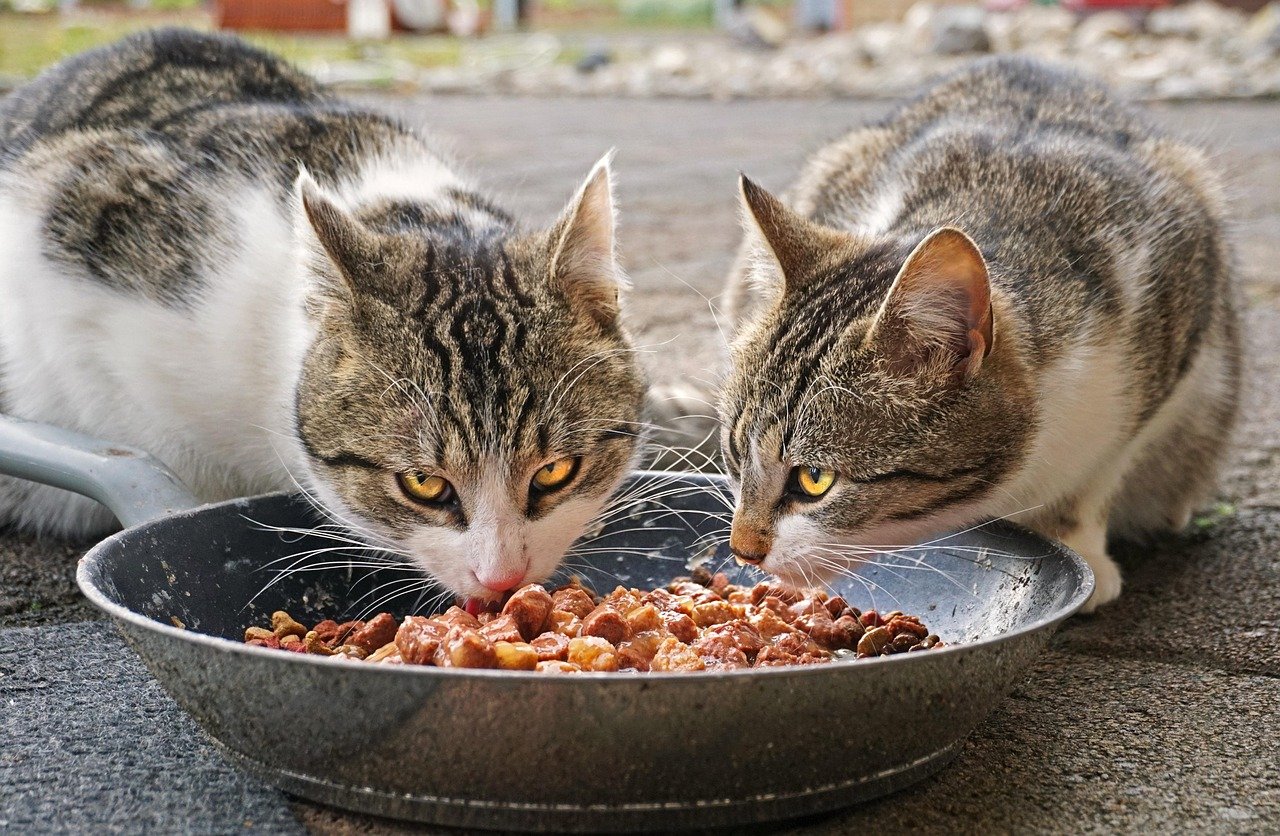
Consistency is comforting for cats. Establishing a regular feeding schedule can help them feel secure. Cats rely on routines, and knowing when to expect a meal can alleviate anxiety. Consider feeding your cat at the same times each day and ensuring their diet is nutritious and balanced. It’s akin to humans looking forward to a regular coffee break or meal; it’s predictable and satisfying. Over time, this consistency will build trust, as your cat learns they can rely on you for their needs.
4. Play to Their Instincts
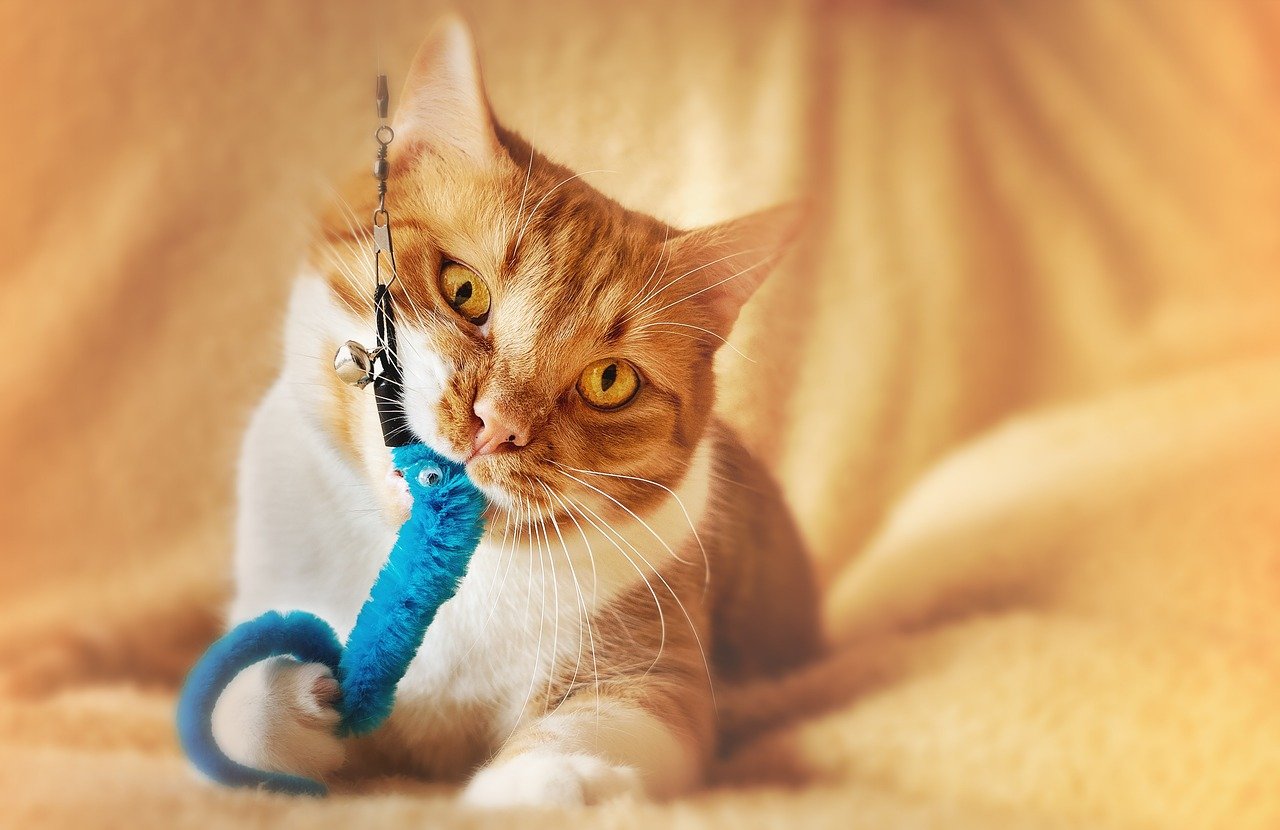
Engaging in playtime is an excellent way to earn your cat’s trust. Cats are natural hunters, and interactive toys that mimic prey can be both entertaining and fulfilling for them. Spend time each day playing with your cat using toys like feather wands or laser pointers. This not only provides them with necessary physical exercise but also strengthens your bond. Imagine it as a fun workout session with a friend; you’re both having fun and connecting on a deeper level.
5. Gentle Touch and Petting
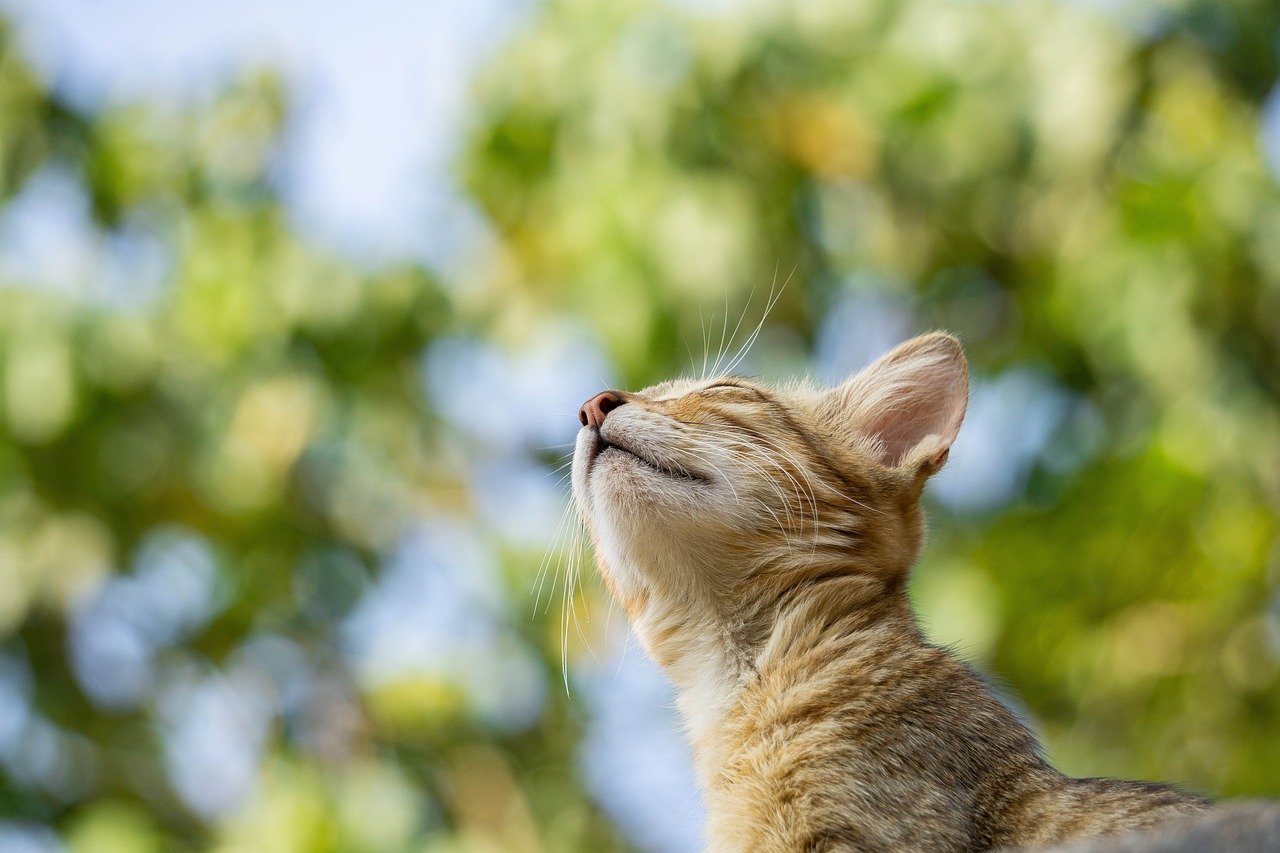
While some cats are more affectionate than others, gentle petting can be a great way to bond. Pay attention to their reactions; if they lean into your touch, it’s a positive sign. Focus on areas cats typically enjoy being petted, such as under the chin or behind the ears. However, always be cautious and stop if they show signs of discomfort. Think of it like giving a massage; everyone has their preferences, and it’s essential to respect them.
6. Create a Safe Environment
A cat’s environment plays a crucial role in their trust levels. Ensure your home is a safe haven for them. This means removing hazards, providing scratching posts, and offering plenty of hiding spots. A cat that feels safe in their environment is more likely to trust their human companions. Imagine a child feeling secure in their bedroom; it’s their sanctuary. Similarly, creating a secure space for your cat can lead to a more trusting relationship.
7. Listen to Their Preferences
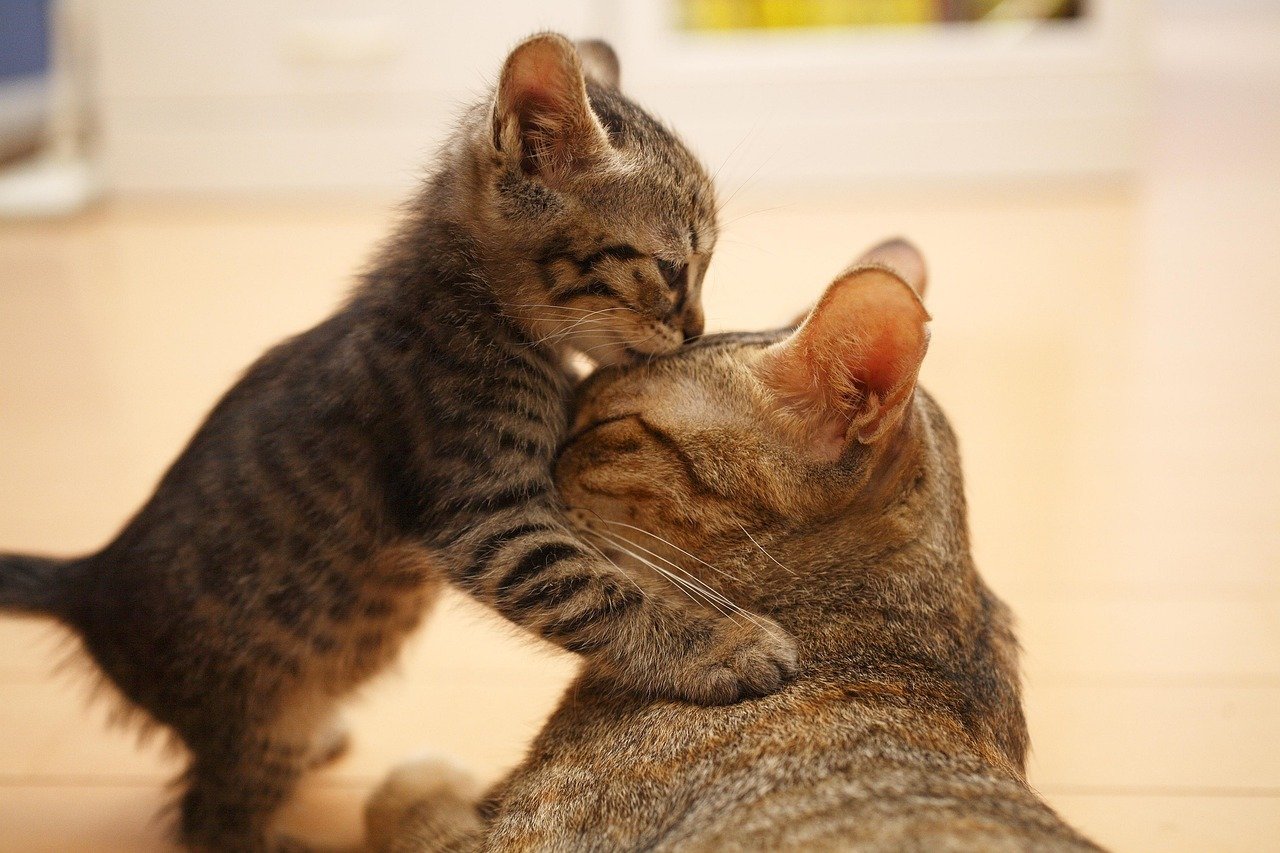
Every cat is unique, with their own set of likes and dislikes. Some might enjoy being picked up, while others prefer to keep all four paws on the ground. Pay attention to their preferences and adapt accordingly. For instance, if your cat loves a particular type of toy, incorporate it into your play sessions. By acknowledging their individual quirks and preferences, you show respect and understanding, which can significantly boost their trust in you.
8. Provide Positive Reinforcement
Rewarding your cat for good behavior can go a long way in building trust. Positive reinforcement, like offering treats or praise, encourages them to repeat desired behaviors. If your cat approaches you willingly or allows petting, a small treat can be a delightful reward. It’s similar to giving a child a sticker for doing their homework; it’s a simple gesture that reinforces good behavior. Over time, your cat will associate you with positive experiences.
9. Use a Calm and Gentle Voice
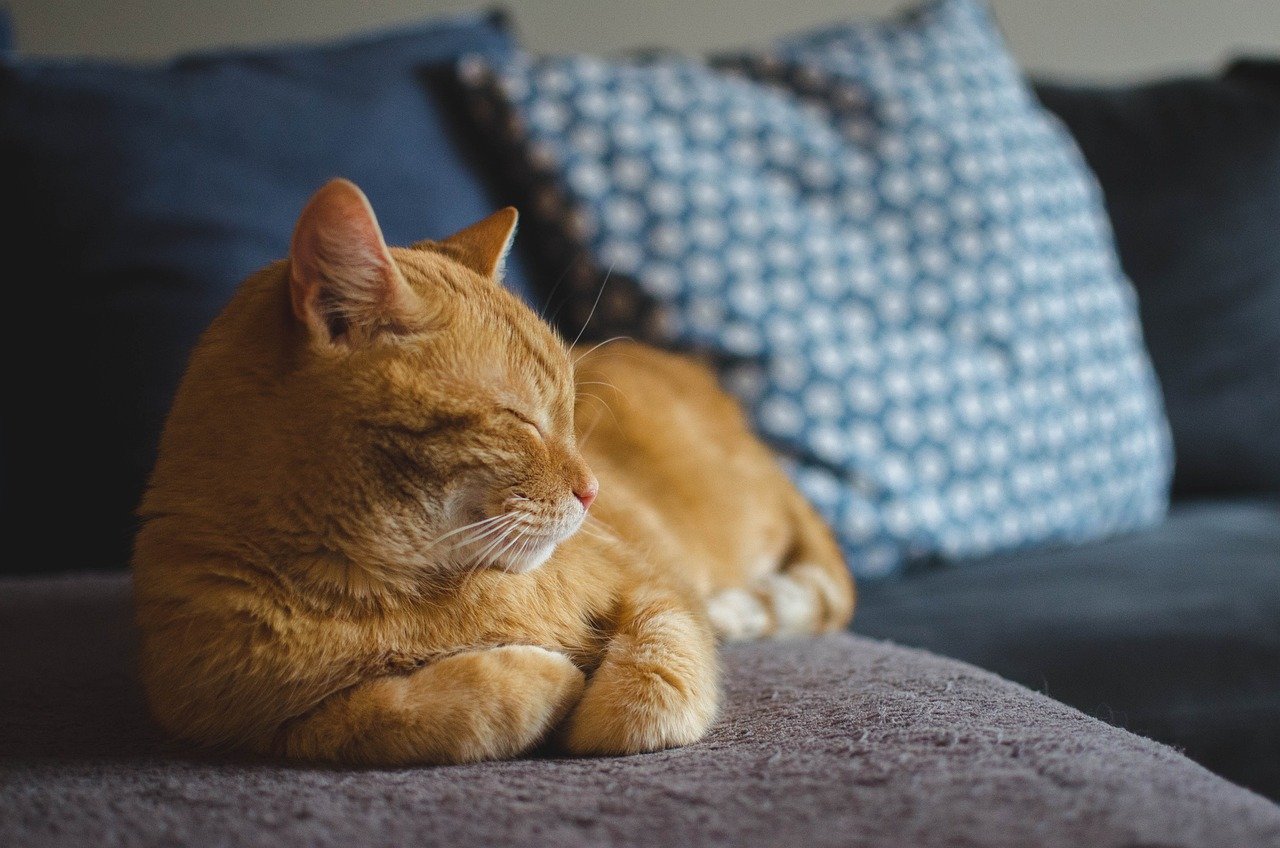
Cats are sensitive to tone, and a calm voice can be very reassuring. When speaking to your cat, use a gentle and soothing tone. Avoid raising your voice or using harsh tones, as this can lead to fear and mistrust. Imagine someone speaking to you in a calm, comforting manner versus yelling; the former is more likely to be welcoming and foster trust. Consistently using a gentle voice can help your cat feel more at ease in your presence.
10. Be Patient and Consistent

Earning a cat’s trust is a journey, not a sprint. Patience and consistency are key factors in this process. Some cats may take longer to warm up to humans, especially if they’ve had negative experiences in the past. Be patient and consistent in your interactions, and avoid forcing them into situations they’re uncomfortable with. Think of it like nurturing a plant; it requires time, care, and attention to thrive. With patience, the bond between you and your cat will grow stronger.
1. Ignoring Their Boundaries
While it’s crucial to engage with your cat, ignoring their boundaries can be detrimental. If a cat retreats or shows signs of discomfort, pushing them further can break trust. It’s essential to recognize when they need space and respect their wishes. Think of it as a friend who needs some alone time; respecting their boundaries shows you care and understand. Ignoring these signals can make your cat wary and reluctant to trust in the future.
2. Inconsistent Routines
Cats thrive on consistency, and disrupting their routine can lead to stress and mistrust. Whether it’s changing feeding times or moving their litter box, sudden changes can be unsettling. Consistency provides them with a sense of security. Imagine suddenly changing your daily schedule without notice; it can be confusing and stressful. Maintaining a consistent routine helps reinforce trust and stability in your cat’s life.
3. Loud Noises and Sudden Movements
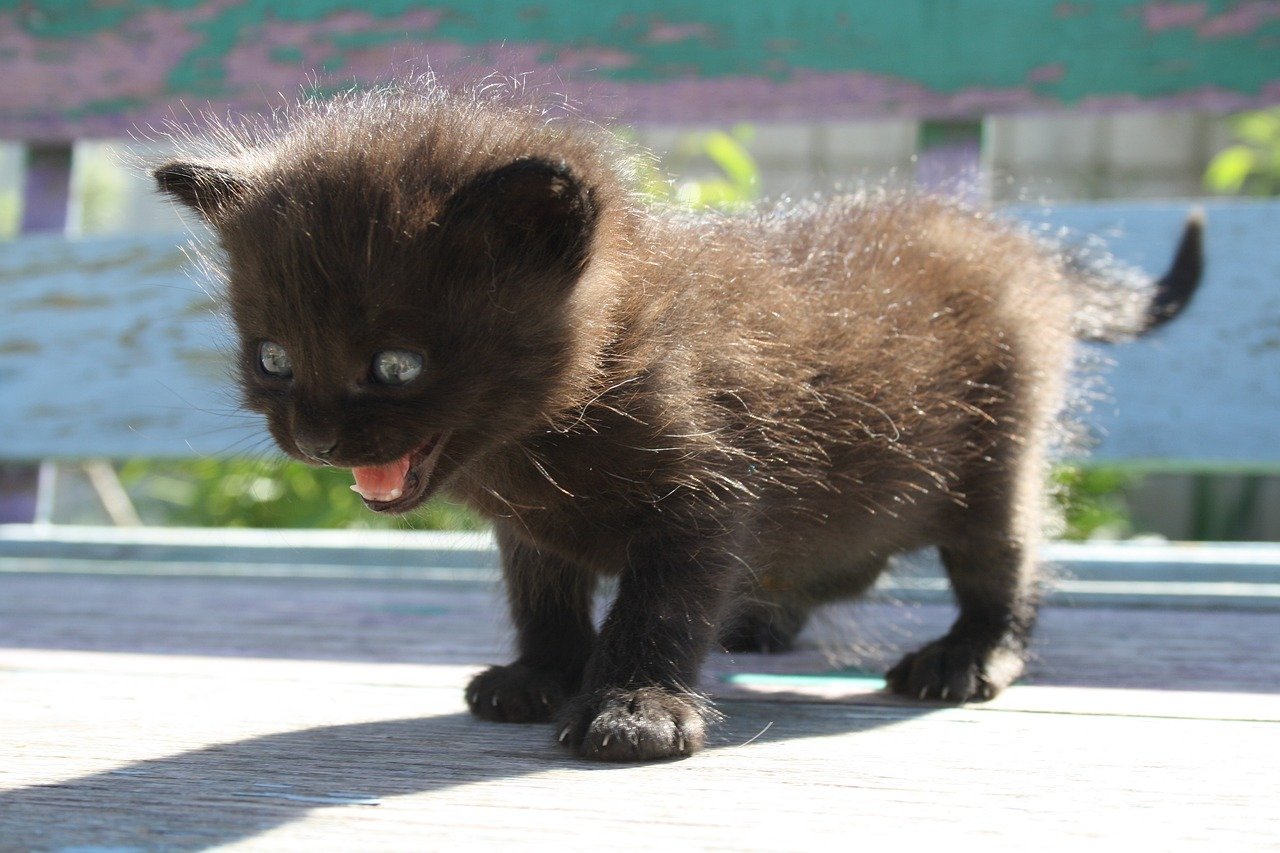
Cats have sensitive hearing, and loud noises or sudden movements can easily startle them. This can lead to anxiety and distrust, especially if they associate these sounds with negative experiences. Whenever possible, maintain a calm environment and avoid making sudden, loud noises around your cat. Picture being in a quiet library and suddenly hearing a loud bang; it’s jarring. Keeping noise levels low and movements gentle can help maintain your cat’s trust.
4. Overhandling or Rough Play
While play is essential, overhandling or playing too roughly can be counterproductive. Some cats have a low tolerance for being handled and may become stressed if overhandled. Similarly, rough play can lead to injuries and mistrust. Always ensure playtime is enjoyable and safe for your cat. It’s like playing a game; everyone should have fun without feeling overwhelmed or hurt. Respecting your cat’s limits during play helps build a trusting relationship.
5. Neglecting Their Needs
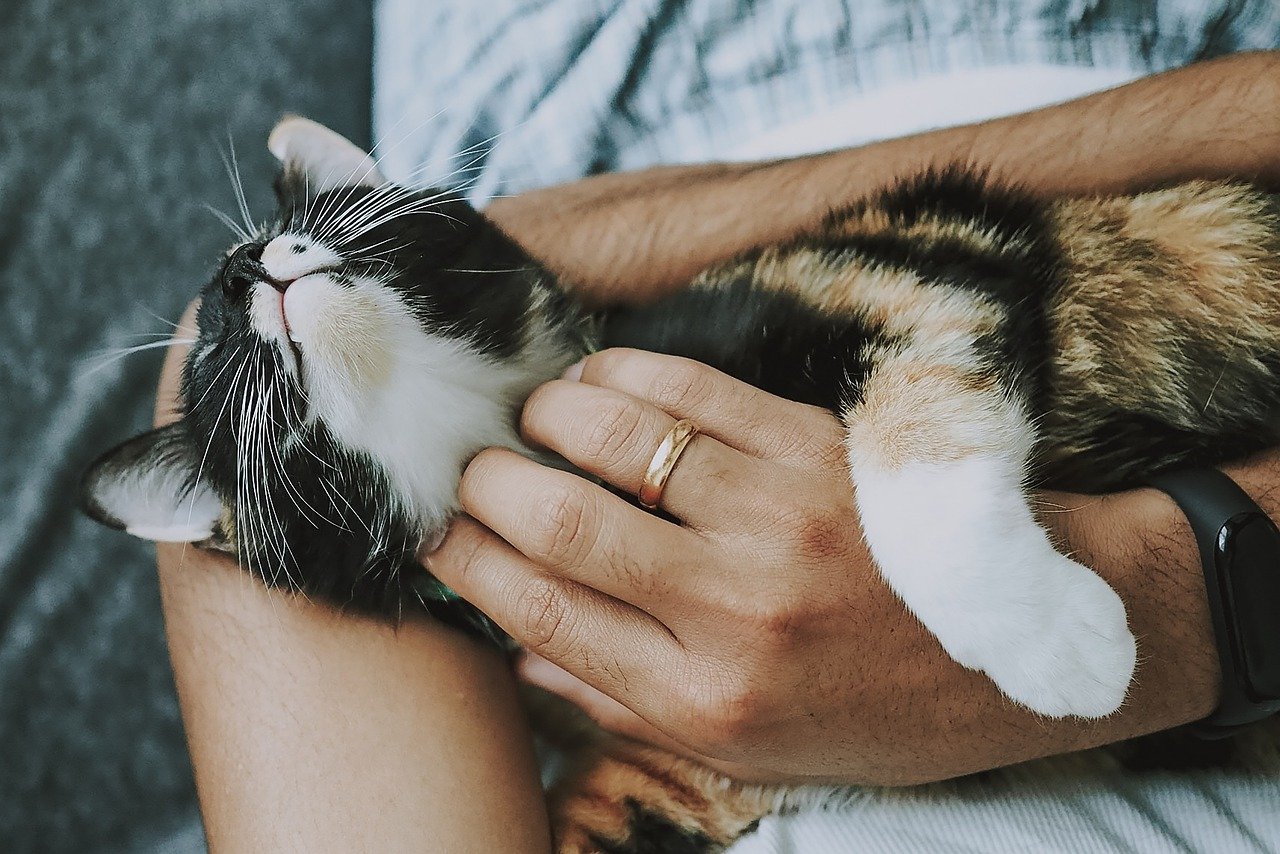
Neglecting a cat’s basic needs can severely damage trust. This includes not providing adequate food, water, and a clean environment. Cats rely on their human companions for these essentials, and neglect can lead to feelings of insecurity. Consider it like forgetting to water a plant; over time, it wilts and loses vitality. Ensuring your cat’s needs are met consistently shows them they can rely on you, reinforcing trust.
In conclusion, building a trusting relationship with your cat requires patience, understanding, and consistency. By recognizing and respecting their unique needs and behaviors, you can create a strong bond that benefits both you and your feline friend. Conversely, being aware of actions that might break this trust is equally important. With time and effort, you’ll find that the trust you share with your cat is both rewarding and heartwarming.

Growing up traveling and experiencing new cultures and wonders, I have had a passion for nature, adventuring, photography, and videography. I am currently working towards a BSc in Biodiversity and Ecology at Stellenbosch University, and I hope to specialise in Marine Sciences one day.
Please send any feedback to Feedback@animalsaroundtheglobe.com






